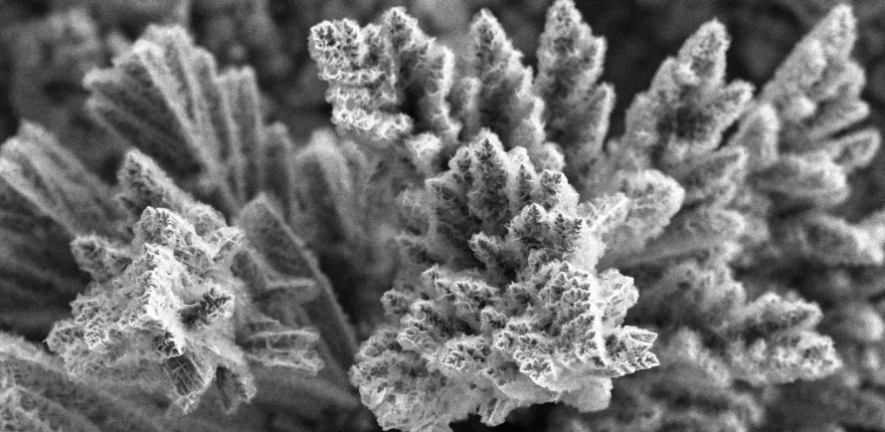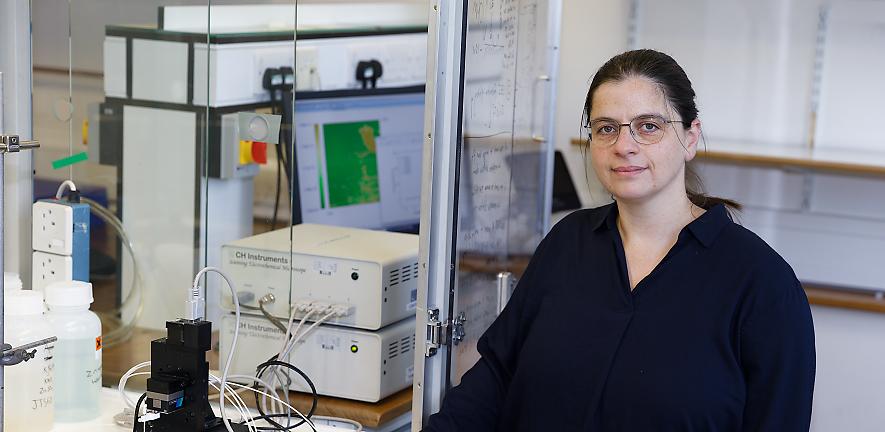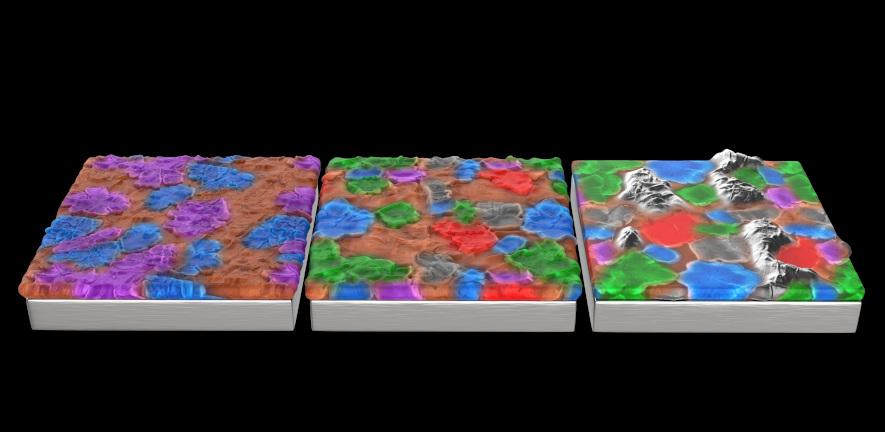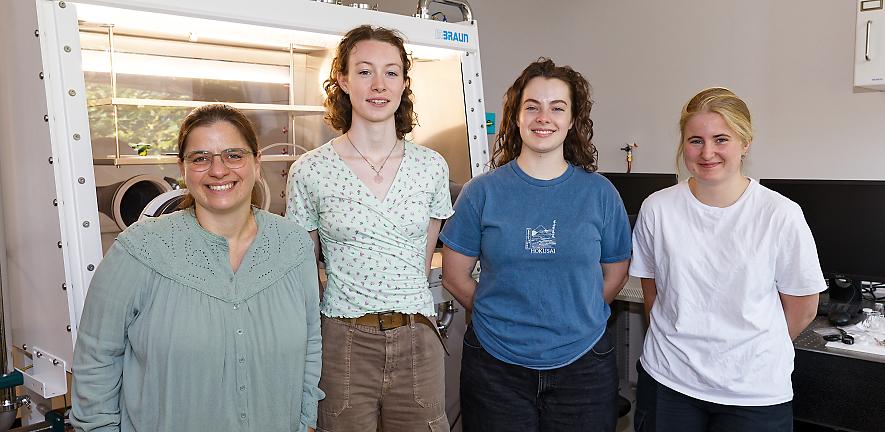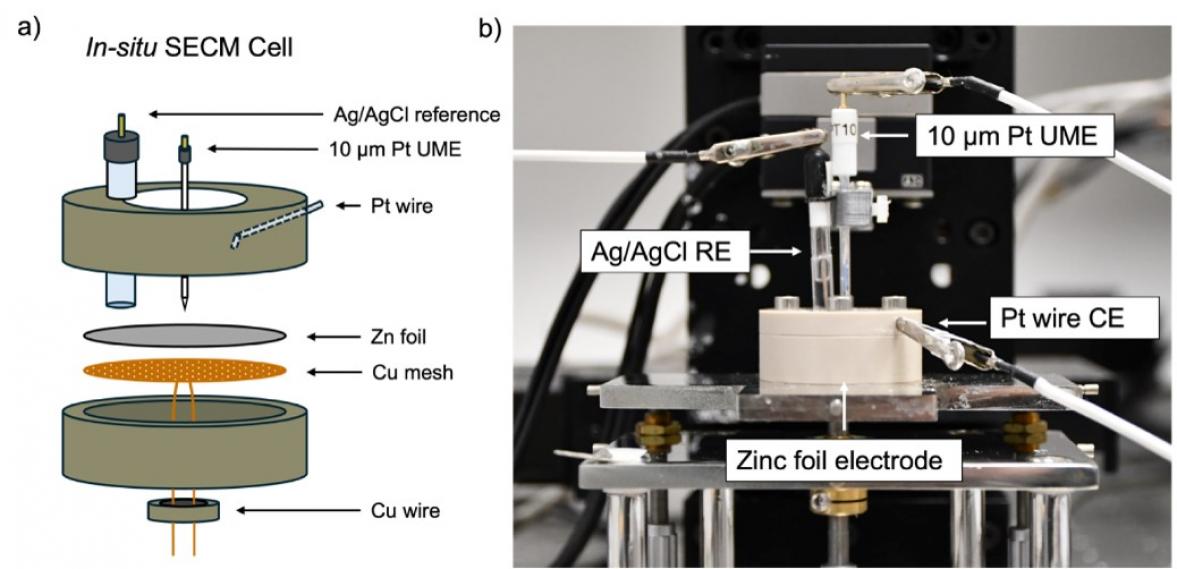
Fundamental studies of Electrified Interfaces and Electrodeposition enable Sustainable Batteries
Our research aims to provide a fundamental understanding of localised interface activity and use the insights to enable sustainable, reliable, and affordable energy storage solutions for climate change mitigation.
We look at metal electrodeposition mechanisms by investigating how a charge is transported across interfaces, one of the remaining fundamental questions in Electrochemistry. Using scanning electrochemical microscopy to focus on localised electrochemical reactions on the surface and electrochemical impedance spectroscopy to track charge passage routes through the solid-liquid interface, we gain new insights into how interface structure and dynamics drive bulk activity.
We explore new strategies for plating the most promising, albeit challenging, multivalent metals (e.g., calcium, zinc, and aluminium) that are still considered (almost) impossible to plate. At the same time, we are investigating lithium and sodium metal plating and corrosion using an alternative bottom-up methodology to realise safer and more energy-dense anode-free batteries.

